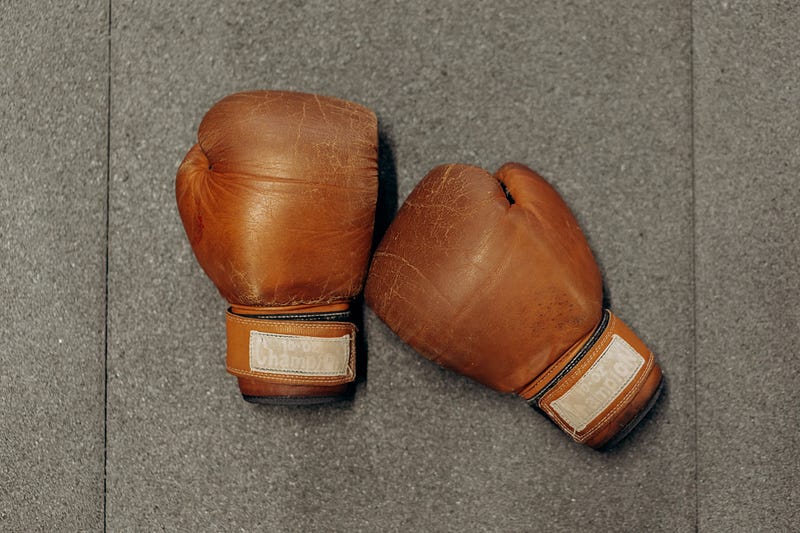Tricking Your Mind: Embracing Challenges with Rewards
Written on
Chapter 1: The Cycle of Procrastination
Have you ever found yourself caught in a relentless loop of procrastination, despite your sincere efforts to break free?
If so, you’re not alone.
I’ve often faced challenges in motivating myself to exercise, write, or study to achieve my aspirations.
It felt reminiscent of that SpongeBob episode where he struggled to complete an essay.
“I’ll hit the gym after I finish just one more Kurzgesagt video.”
“I focus better in the evening, so I’ll just wait until then.”
Yet, inevitably, those moments never materialize.
It's tough to tackle the challenging tasks when so many enjoyable distractions are available.
For my own future's sake, I needed to change my approach.
Or, in this case, initiate action.
So I pondered —
Is there a method to make daunting tasks more enjoyable?

Surprisingly, during my procrastination on a writing assignment, I stumbled upon a fascinating topic.
My exploration led me to delve into the work of one of the pioneers in behavioral psychology: B.F. Skinner.
Skinner was a Harvard psychologist who was dissatisfied with the prevailing trends in traditional psychology.
So, what did he do?
He crafted a controlled environment to explore the effects of stimuli on rats.
In straightforward terms—
He rewarded the rats with food for pressing a specific button.
From his findings, he concluded that behaviors could be shaped through rewards, a principle termed operant conditioning.
Why is this significant for us?
It illustrates that you can train yourself to accomplish anything, including those tasks you might dread.

You may recall those elementary school fundraisers where you could earn prizes for selling items.
For instance, you could earn a bouncy ball for selling $1000 worth of magazines.
While it was somewhat questionable, the principle behind it reinforced a habit (selling) with a reward (the bouncy ball).
Essentially, habits are learned behaviors.
Imagine you aspire to write for 30 minutes daily (the goal).
Now, consider your favorite comforts or treats (the reward).
For me, it’s black coffee, dark chocolate, and energetic music.
A tip: It’s beneficial if your rewards are reasonably healthy or at least not detrimental to your well-being.
Now, connect the reward to your desired task:
- Sit at your desk (optimal setting)
- Set a timer for 30 minutes (auditory cue)
- Write for 30 minutes (the challenging task)
- Once the timer goes off, indulge in a piece of chocolate (the reward)
Your brain will naturally associate completing the tough task with the satisfying reward, much like Skinner’s rats did.
And if you lack a timer or the perfect environment, that’s perfectly fine.
All you require is a challenging task and a reward.

You’ll achieve optimal results when the reward matches the effort.
For example, if I wrote or studied for 30 minutes, a piece of dark chocolate suffices as a reward.
However, if I achieve a personal record at the gym, I might crave something more substantial.
When it comes to rewards and conditioning, finding the right balance is key.
If you’re grappling with procrastination or dislike tackling challenging tasks, consider giving this approach a shot.
Chapter 2: Overcoming Adversity
Chapter 3: From Social Media to Creative Productivity
This is precisely how I transformed my social media habit into a productive venture.